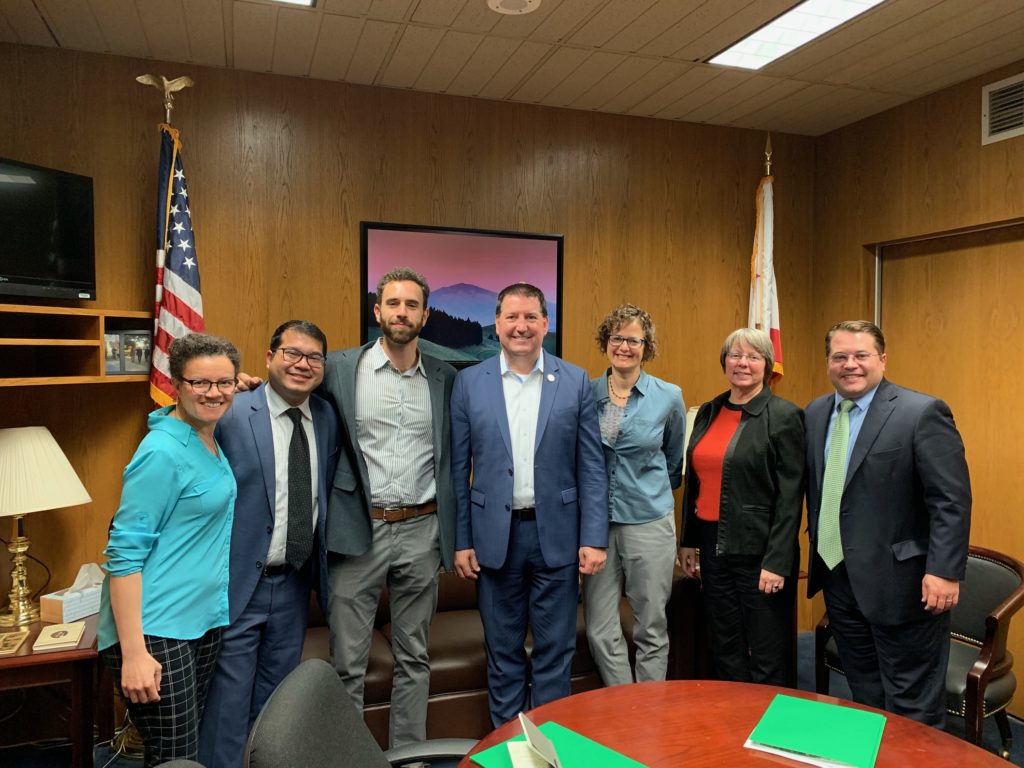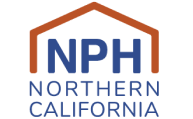Legislative Update: May 15, 2019
Times-Herald: Affordable housing crisis even hits Solano County residents
May 6, 2019New data offers a new case for legislative action (NPH E-News)
May 15, 2019
BUDGET, BILLS, & BUILDING MOMENTUM
Last week, the Governor released the May Revise, an updated proposed budget in response to the latest economic forecasts, and affordable housing advocates have much to be pleased about. The new proposal includes:
- Expanding state tax credits (up to $500 million 2019-20, and up to $500 million annually thereafter, subject to appropriations;)
- Investing up to $200 million of newly authorized credits for CalHFA’s Mixed Income Loan Program, used to build mixed-income affordable homes serving a wide range of incomes;
- Earmarking $500 million from general expenditures to HCD’s Infill Infrastructure Grant program to help pay for infrastructure investments throughout the state. This will be paired with $300 million from Prop 1 revenue, resulting in $80o million of total funding.
NPH will continue to work with state legislative leaders and the administration to ensure that these investments can be effectively deployed to build thousands of new affordable homes for Bay Area families.
In the meantime, bills are fast approaching their May 31 deadline to pass out of their house of origin. NPH staff and members met with lawmakers in Sacramento last week to deliver critical messages of support for priority bills and work to secure their commitments. NPH continues to offer technical assistance and work with our coalitions to build momentum for our issue, as bills head into final weeks of committee hearings in their house of origin.
Scroll down for a full list of NPH priority bill’s current status

Current Status of NPH sponsored and priority bills
AB 10 (Chiu): Expand the Low Income Housing Tax Credit. AB 10 will help California grow our successful Low-Income Housing Tax Credit Program (LIHTC) to ensure more Californians can find safe, stable, affordable places to call home by appropriating $500 million a year for the State Low Income Housing Tax Credit Program.
This bill has widespread support in the Assembly. AB 10 sailed through with unanimous support from the Assembly’s Housing and Community Development Committee as well as Revenue and Taxation. It is currently at Assembly Appropriations where it is also expected to pass. NPH, CHPC, and the other bill co-sponsors are working with the administration and our legislators to address any discrepancies between the current version of bill and the May Revise budget proposal.
AB 1486 (Ting): Public Lands for Public Good (Surplus Land). AB 1486 will strengthen our Surplus Land Act to transform unused public land into a public good.
Part of the 3Ps (“production, preservation, and tenant production”) Coalition’s housing package*, AB 1486 has passed through two Assembly Committees and is at Assembly Appropriations where it is up for a vote today!
AB 1487 (Chiu): Housing Alliance for the Bay Area. Through AB 1487, the Bay Area can join together to find Bay Area-specific solutions to our region’s housing affordability needs. AB 1487 would authorize new regional funding and programs to strengthen our region with more affordable homes and protections for longtime residents to ensure all Bay Area residents, no matter their color or income, have a safe, stable, affordable place to call home.
Also part of the 3P Coalition’s housing package*, AB 1487has passed out of two Assembly Committees and is anticipated to have an Assembly Appropriations Committee vote tomorrow.
SB 50 (Wiener): More Homes Act. SB 50 would save workers hours of commute time and create more options for California families to find safe, stable, affordable homes by increasing heights and densities near high quality transit.
SB 50, also a 3Ps Coalition bill*, continues to make significant progress in the Legislature. It cleared the Senate Housing committee and the Senate Governance and Finance Committees with nearly unanimous support. Following intense negotiations between Senators Wiener, McGuire, and Beall, SB 50 was significantly amended to include many of the provisions of McGuire and Beall’s competing SB 4 which would have allowed limited upzoning throughout the state of California. The bill is now awaiting a vote at Senate Appropriations.
SB 9 (Beall) is an NPH-supported bill sponsored by CHPC. SB 9 will increase the value of the state low-income housing tax credit by removing the sunset on certification.
The bill has faced little meaningful opposition and received unanimous support from Senate Governance and Finance. The bill gained significant momentum when it was included in the Governor’s May Revise budget and is very likely to pass.
ACA 1 (Aguiar-Curry) will empower local governments and voters to do what is best for our families and neighbors. The Community Say for Community Needs Act changes a restrictive threshold that limits voters’ say in our communities, lowering the voter threshold to 55% for local measures funding public infrastructure or affordable housing.
NPH is providing TA on the bill and advocacy support. The bill has been passed out of the Assembly Local Government Committee and is now slated for a May 16 hearing in Assembly Appropriations.
SCA 1 (Wiener, Allen) will repeal Article XXXIV, which essentially prohibits the development of affordable housing unless there is a majority vote of the public to approve the project.
The bill has yet to be slated for hearing in the Senate Housing Committee.
For more information and opportunities to engage, please visit the NPH Action Center
* NPH is working to support the leadership of the 3Ps Coalition to advance our package of Production, Preservation and tenant Protections bills. We’re proud that the Legislature and Governor have also embraced the framework, which dictates that an equitable, successful approach to our state and region’s housing challenges incorporates all three elements of: production of new homes, preservation of existing housing affordability, and protection of tenants. Housing experts and advocates have long promoted this framework as the region’s best approach to making significant progress on our housing emergency.

